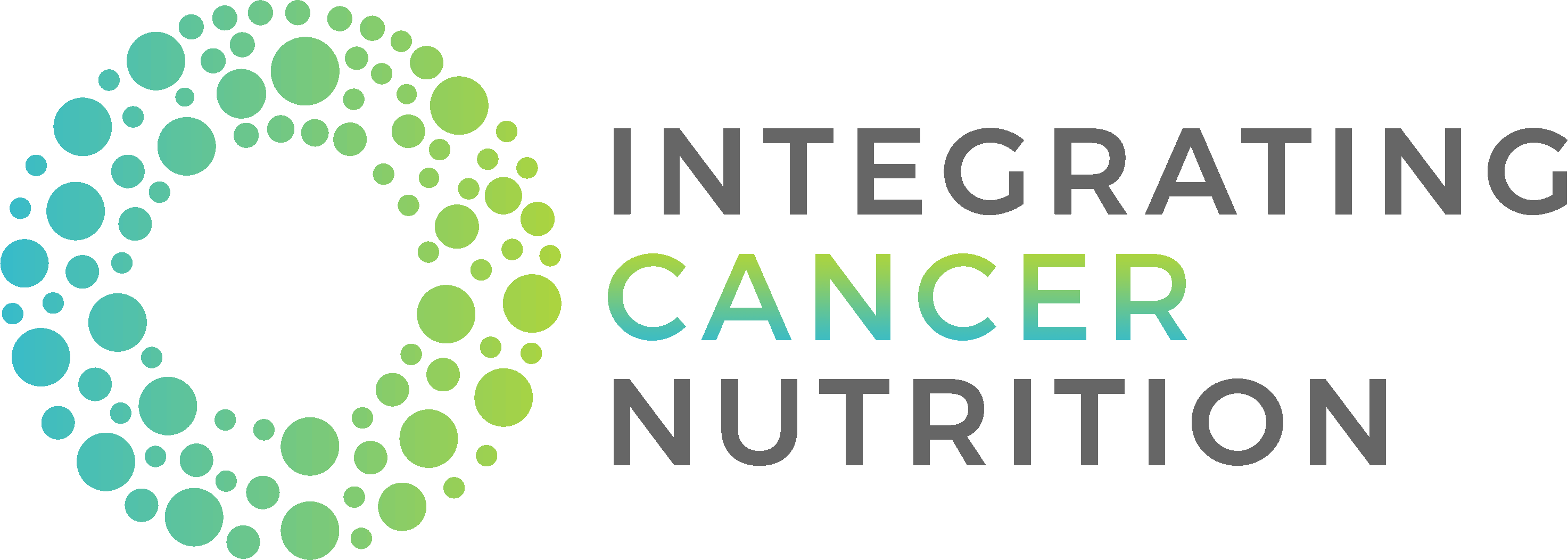
Nutrition for PCOS
Living with PCOS can be challenging and confusing, we’re here to help

What is PCOS?
As many as 5 million women in the United States are affected by polycystic ovarian syndrome (PCOS). PCOS a hormonal imbalance that impacts fertility, mood, and metabolic health. The most common symptoms are painful, irregular periods. Changes in hormones lead to other common symptoms women may experience including acne (particularly jawline acne), excess body hair or thinning scalp hair, and excess weight and/or weight loss resistance. Many women may be aware they have this condition, however, up to 70% of women go undiagnosed.
Ready to see change?
Did you know that with diet and lifestyle changes you can reverse some of the most common challenges of PCOS including:
-
Painful and irregular periods
-
Fertility challenges
-
Acne
-
Excess body hair or thinning scalp hair
-
Possibly weight loss
If you’re tired of being told the only way to rebalance your health is through weight loss, let’s talk about what else you can do to regain health and vitality.

Weight and Insulin Resistance
If you have received this diagnosis, you may have been told by your doctor to lose weight as a
way to rebalance hormones. However, weight loss is difficult in this hormone and metabolic picture and research indicates that weight loss may not have a significant impact on the condition. Meaning, women try really hard to lose small amounts of weight only to continue having all of the same symptoms.
While the cause of PCOS is still unknown, one driving factor in the hormone
imbalance is insulin resistance. While insulin resistance has become more common, not all women with insulin resistance have PCOS. But for some women, insulin resistance is worse in
their ovaries, which results in the ovaries not producing a response to hormones in a regular
Rhythm and can also lead to cortisol dysregulation making the sex hormone (estrogen and progesterone) imbalances worse, generating more symptoms.

What does research tell us?
PCOS is characterized by low grade, chronic inflammation and neuro-endocrine disruption (HPA-axis disruption, which is just another way of describing how stress hormones talk to the brain, which is a central hub for regulating hormones). Research indicates that environmental disruptions and microbiome imbalances are also important to consider as reasons for hormonal imbalances.

Pillars of PCOS
While nutrition is a key component of reversing insulin resistance and rebalancing hormones, food alone cannot change the whole picture.
Here are the factors to be considered for comprehensive care of PCOS, what I call the “Pillars of PCOS”:
Nutrition
Exercise
Lifestyle
(sleep, stress management, etc)
Gut Microbiome
Environmental Factors
Genetic Predisposition

Why Nutrition Matters
Nutrition CAN make a difference. Food helps to regulate hormones and insulin resistance plays a role in the hormone balance that creates the symptoms of PCOS. Food choices can play a key role in reversing insulin resistance and help to bring balance to hormones.
The “3 R’s” Approach
Reverse insulin resistance
Rebalance hormones (estrogen and progesterone)
Restore your body to a resilient, less-stressed state
.jpg)

